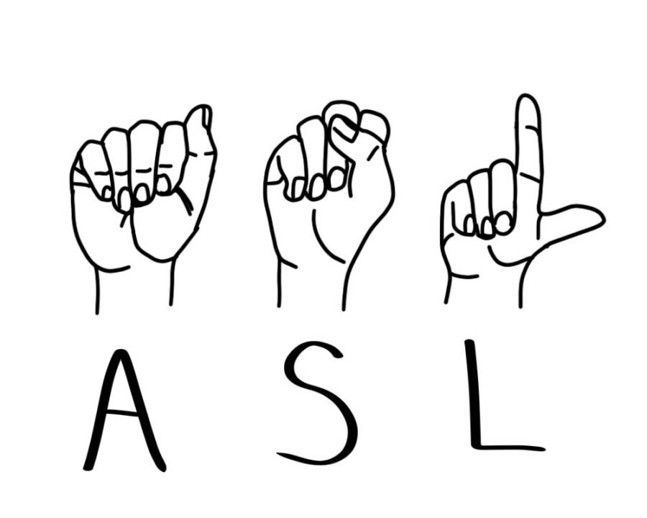Settlement of an Egregious Race Discrimination Complaint
Ray and Autumn Harris Successfully Represented by Nina Gerdes and Will Ellis, student attorneys, and Professor Michael J. Steinberg, from the University of Michigan's Civil Rights Litigation Initiative
The Center is pleased to report the settlement of a race discrimination case. The case is a troubling instance of racial discrimination--the type of case that we all would have hoped would not occur today.
The facts are egregious. To summarize, the sellers, a married couple, owned two homes in a predominantly white community (over 75% White). The homes were next door to each other. To aid in the sale of their home, the sellers retained the services of a real estate agent. The husband (hereinafter “the seller”) was principally involved in meetings with prospective purchasers.
Ray and Autumn Harris, with their two children, sought to purchase the home. They lived in a cooperative unit, which they planned to sell and to move into a new home. They were prequalified for a loan, with conventional financing. To aid in their home search, the Harrises retained the services of a real estate agent.
In late January 2021, the Harrises, with their children, went to view the home. The Harrises’ realtor arrived at the house early and spoke with the seller before the Harrises arrived. He made derogatory comments to the Harrises’ agent about a Black prospective buyer who recently came to look at the house. He claimed that the prospective Black buyer’s car looked like it was from “the hood” and that he was surprised that it did not have bullet holes in it. He said that he would not sell the home to such a person. The Harrises’ agent warned the seller that he was crossing a line with his comments. In response, he confessed to the Harrises’ agent that his own agent, who was not present, had warned him to be careful making statements like that to prospective buyers.
When the Harrises arrived with their children, the Harrises’ agent prompted Ray Harris to discuss his employment and education with the seller because, given his previous racially charged comments, she was afraid that he would deny them a house based on stereotypes about Black people. Autumn Harris told the seller that she has a master’s degree in social work and that she enjoys maintaining the exterior of their residence by taking care of the lawn and planting flowers.
As the Harrises toured the house, the seller followed them from room to room. He then followed Ray Harris out the back door of the home when he went to look at the yard. The seller then told Ray and Autumn Harris, in front of their children, that the home had been in his family for a long time, that he lived next door, and that he wanted to choose his neighbors. He asked Autumn Harris to pull down her mask, which she wore to protect herself and others from contracting COVID-19. The seller then wrote down a physical description of the Harrises. The seller told the Harrises’ agent that he routinely writes down descriptions of potential buyers to know who is making an offer and puts a star down next to the names of the buyers he likes.
Despite the racial hostility they experienced during the viewing, the Harrises wanted to purchase the home because it was perfect for them in every way: it was a 10-15 minute drive from their daughters’ school; it was ready for them to move into right away; it would not require any additional repairs or renovations; it had a large yard for their children to play; it had a second floor and two bedrooms upstairs for their daughters, which was important; and the house was located in a safe and well-kept neighborhood. Ray Harris made a full price offer with $2,000 in concessions on the home.
The seller denied the Harrises’ offer soon after in an email to the Harrises’ agent. The seller gave no reason for the denial. Nor did the seller make a counteroffer or provide the Harrises with the opportunity to negotiate. Ray Harris’ mortgage preapproval, financing options, and assets positioned him to negotiate above the asking price and/or to make an offer without concessions and he would have done so if the seller had asked him to do so.
After Ray Harris placed an offer on the home, the sellers modified the listing and indicated that he would not accept concessions. These modifications were not communicated to the Harrises.
Disturbed and upset by the sellers’ behavior and actions, the Harrises’ agent filed a complaint with the Fair Housing Center of Metropolitan Detroit to report the incident. This complaint was the only fair housing complaint the Harrises’ agent had ever filed, and she has not filed any others since. The sellers ultimately sold the home to a White woman.
The Harrises and their family were injured because of these incidents. The Harrises felt judged because of their race, which has led to feelings of insecurity. After the incidents, the Harrises’ ten-year-old daughter repeatedly asked if the seller liked them, sensing something was amiss about what he was telling her parents. Autumn Harris has since struggled to think about how to speak with her daughters about racism and the fact that they may not have equal opportunities in life due to their race.
Added to this, the housing cooperative had already sold the unit the Harrises were living in, giving them little time to find a new home. The Harrises wanted to live in the community where the home was located, but after their experience with the sellers, they felt that purchasing a home in that community was an unattainable dream. They ended up purchasing a smaller home that needed repairs. The home they purchased is located 30 minutes from their daughters’ school, doubling their communing time. The home is located in a predominantly minority community (over 70% Black), contributing to our region's segregated housing.
The case was filed in federal court. The Harrises were represented by Nina Gerdes and Will Ellis, outstanding student attorneys for the for the Civil Rights Litigation Initiative at the University of Michigan Law School, under the direction and leadership of Professor Michael J. Steinberg. After three settlement conferences, the case was settled for a non-disclosed amount.
The Center has been existence since 1977, over 45 years. These kinds of cases used to be commonplace. They should not be occurring today. No one today, or at any time, should have to endure what the Harrises and their family endured. The Center appreciates the decision of the Harrises’ agent to report this incident and aid the Harrises in seeking the justice they deserved.










